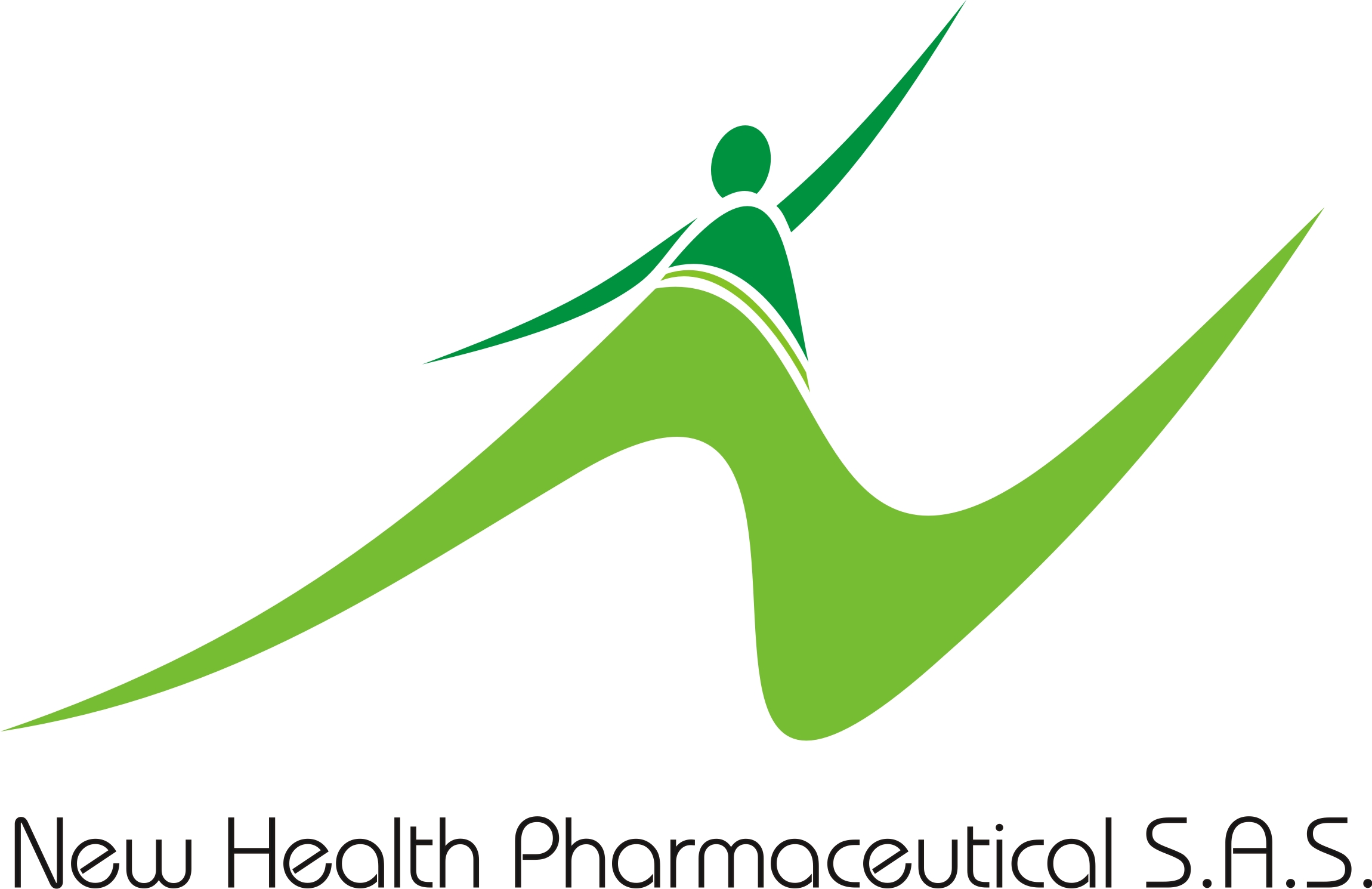
Many people struggling with substance misuse have co-occurring mental health disorders. Narcissistic personality disorder (NPD) and alcohol use disorder (AUD) share unique risk factors and often overlap with other conditions. Pathways Recovery Center uses evidence-based treatments to help clients with narcissism and alcoholism. Building a support network, enhancing communication skills, and educating yourself on narcissism and alcoholism are crucial steps in managing these complex relationships. Remember to avoid enabling behaviors and seek professional help when needed.

What are the key risk factors associated with narcissism and suicide?
At Ria, we offer weekly meetings with certified counselors to help members stay on track and build skills for long-term change. It can be a part of celebratory occasions and fun, or an occasional way to unwind after a long day. For some people, alcohol use becomes regular and problematic and may lead to dependence. Read more about living with a person who has AUD and managing a relationship with someone who has NPD. After the withdrawal stage, you could seek inpatient or outpatient care depending on your needs and the services offered by the facilities that are available to you. Each person needs a different treatment method depending on their unique situation, and as such, not everyone will have the same treatment program.
- Engaging in positive social engagements is considered a form of self-care.
- Both conditions may influence the other, and some symptoms or behaviors of each condition can overlap.
- A therapist experienced in dealing with personality disorders can tailor sessions to your specific needs.
- Someone who’s narcissistic might be self-absorbed and have an inflated sense of self-importance.
- The person with the disorder is often the last to experience consequences as they manipulate others to protect themselves.
- Have you ever wondered how the impact of narcissistic abuse might shape someone’s personality?
What is a Narcissistic Alcoholic?

For those in Pennsylvania, alcohol rehab in Lake Ariel PA is a good choice. Our facility provides specialized programs that focus on treating co-occurring disorders. We offer integrated treatment plans that address both the psychological and https://ecosoberhouse.com/ physical aspects of addiction and narcissism, helping individuals achieve long-term recovery.
How does narcissistic abuse affect an individual’s personality?
Setting healthy boundaries by engaging in positive social situations reduces the risk of relapse. Engaging in positive social engagements is considered a form of self-care. Family and friends of individuals with co-occurring AUD and NPD may feel overwhelmed or unable to help.
- Studies have identified genetic and environmental factors that contribute to narcissistic alcoholism.
- Its purpose is to educate, support, and empower people in their pursuit of well-being.
- Use “I” statements to convey your emotions without escalating conflicts.
What is Alcoholism?

This is true with alcoholism and narcissistic personality disorder, which have overlapping symptoms. They may experience arrogance, manipulation, rejection, and a lack of empathy. Destructive behavior makes it hard for narcissists and alcoholics to maintain relationships.
What is the connection between narcissism and alcoholism?
If you think you have NPD, try to make an appointment with a mental health professional. You can connect with a mental health professional using the Healthline FindCare tool. There’s little data on whether people with both NPD and AUD have a different outlook than people who have only one of the conditions. However, it’s recommended that both conditions are treated at the how does alcohol affect a narcissist same time to improve your likelihood of recovery.
Narcissists And Animals

This behavior is a defense mechanism that allows enablers to avoid confronting the reality of the situation and the narcissist’s behavior. They may refuse to acknowledge the impact of their actions on others, instead choosing to blame others for their problems. This can make it difficult to have honest and open communication, as they may become defensive or aggressive when confronted with their behavior. If you choose to speak with a friend or family member, be clear about what you need and expect from them, including confidentiality. Similarly, using alcohol doesn’t mean a person with NPD has AUD, even if there have been incidents of extreme intoxication.
Treatment
In the United States, the DSM-5-TR is used to diagnose both conditions. These overlapping traits can make it hard to distinguish alcohol misuse from narcissism. In some cases, someone who’s misusing alcohol may display similar tendencies to narcissistic people — or at least, it might come across that way to those around them. Similarly, people with dual marijuana addiction diagnosis can manage their symptoms with appropriate treatment.
Understanding the relationship between narcissism and alcoholism benefits from examining real-world examples. These case studies highlight the complex dynamics of both conditions in individuals’ lives. If you think you have either or both conditions, it’s best to talk with a mental health professional for a diagnosis. If people have risk factors for AUD, feel they are drinking excessively, or cannot control their alcohol intake, they can speak with a healthcare professional. Prioritize self-care to maintain your mental and emotional well-being. Taking care of yourself is crucial when dealing with the stress and turmoil that often accompany interactions with a narcissistic alcoholic.








